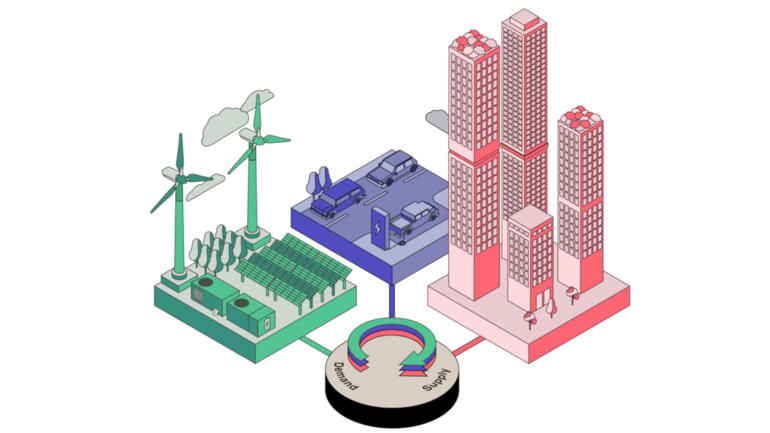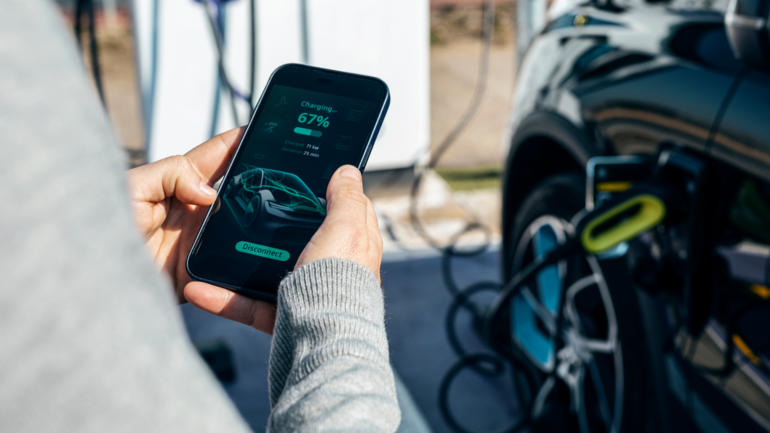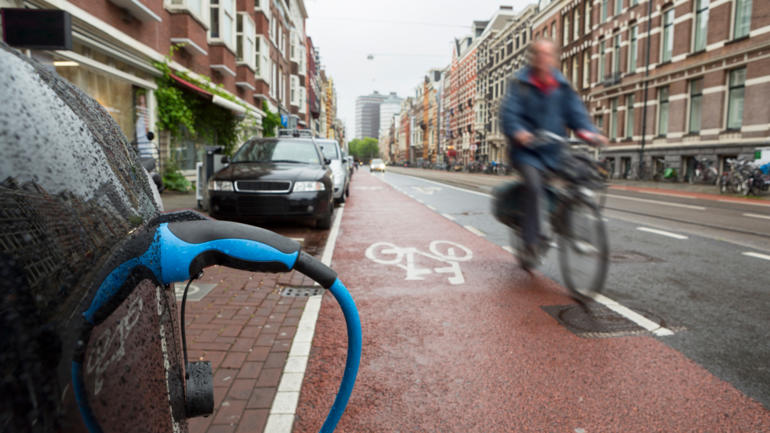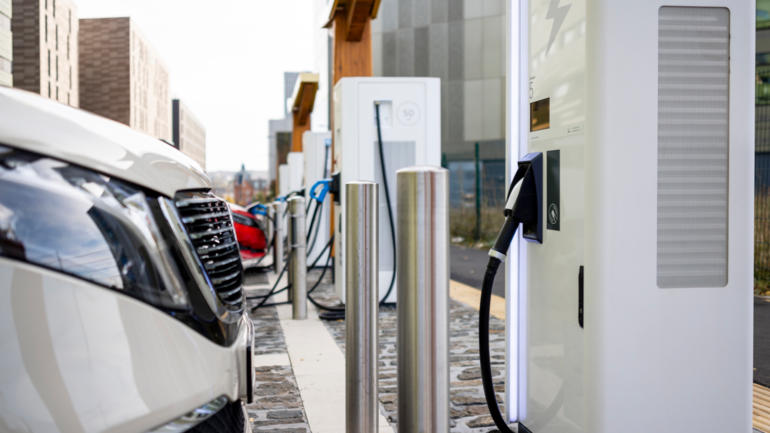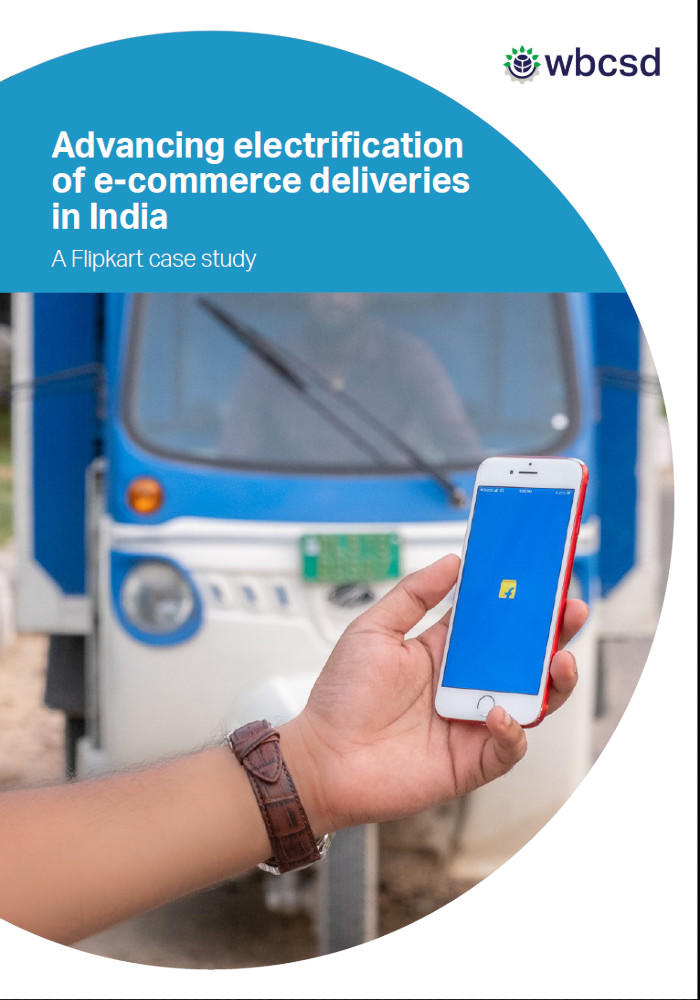Viable and Sustainable Charging Infrastructure
Vehicle electrification is critical for reaching the goals of the Paris Agreement but to increase the uptake of electric vehicles (EVs), we need a viable and sustainable charging infrastructure in place. This workstream aims to accelerate the deployment of charging infrastructure that can support a mass adoption of EVs in the global clean energy transition.
The challenge
Much of the extent of success in shifting toward low-carbon mobility is about business model viability. While many electrification use-cases, such as ride-hailing, have already proven to lower a fleet’s total cost of ownership, a variety of infrastructure challenges limit customer experience and increase operational and capital expenditure (CAPEX). The lack of clarity around global charging infrastructure deployment roadmaps and associated investment complexities present a challenge for ensuring a timely, equitable and sustainable transition to zero-emission vehicles. This is further limited in compatibility or seamlessness between key system components such as vehicles, infrastructure, charging networks and the electrical grid.
The business case
The potential value of the transition to EVs resides at the intersection of mobility, real estate and energy. Unlocking this value can increase the efficiency of EV fleets and support wider deployment of infrastructure. The mobility and energy sectors can develop charging flexibility and user-adapted services, and with the eruption of new mobility hubs, real-estate actors can increase the efficiency and sustainability of land use, while maximizing social inclusivity and functionality. Collaboration with governments is also crucial in clarifying the global infrastructure roadmap, which can unlock the market potential of EVs.
The solution
This workstream seeks to increase the deployment of viable and sustainable charging infrastructure that is highly utilized and low CAPEX by design. It promotes additional energy services that support efficient integration of transport in the electricity grid and the built environment. Through knowledge and advocacy, the workstream provides businesses and governments with tools and recommendations for timely, equitable and sustainable global charging infrastructure deployment.
We use cookies to ensure you get the best experience on our website. By choosing to continue, you agree to our use of cookies. You can learn more about cookies on our privacy policy page.

